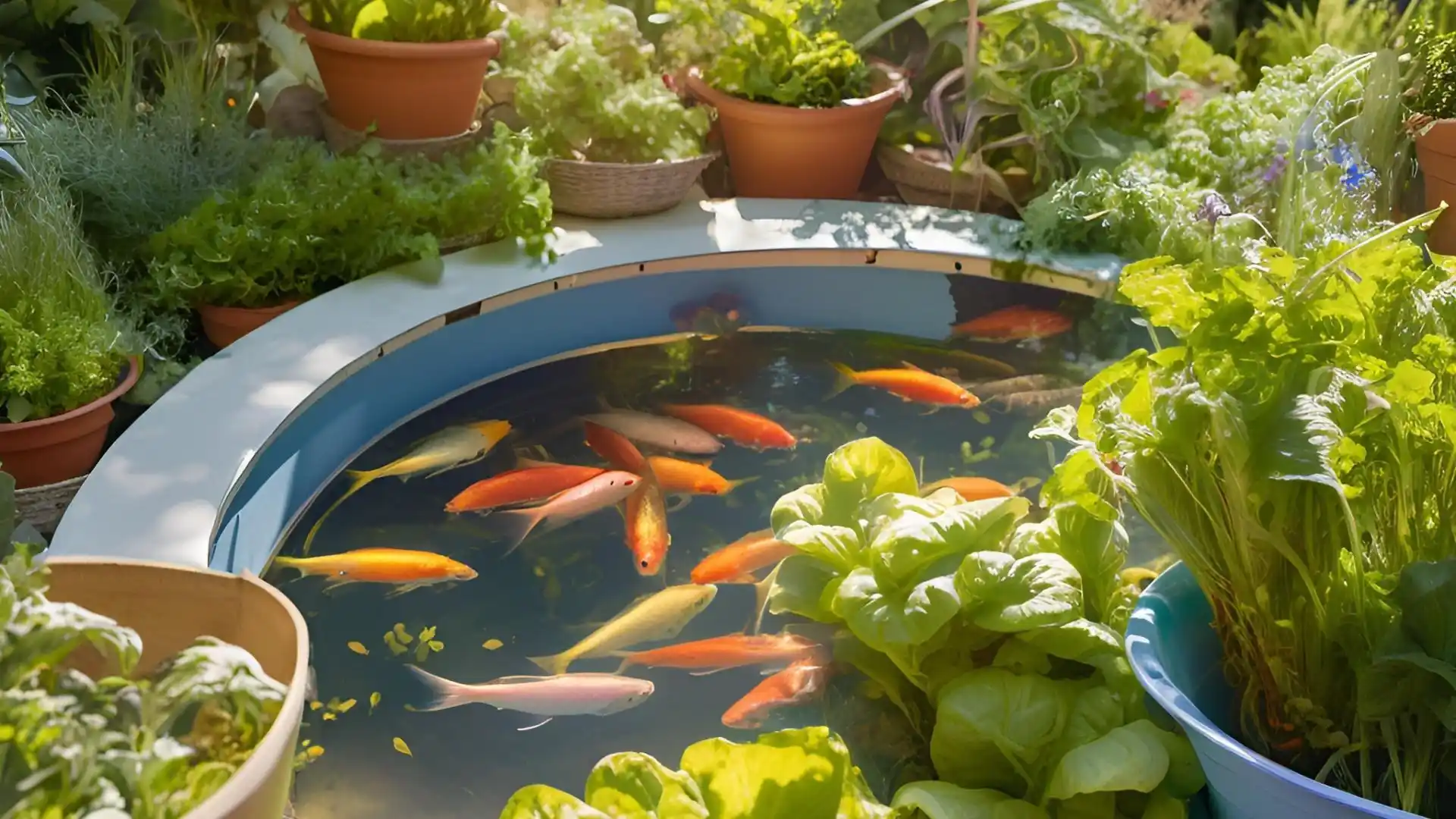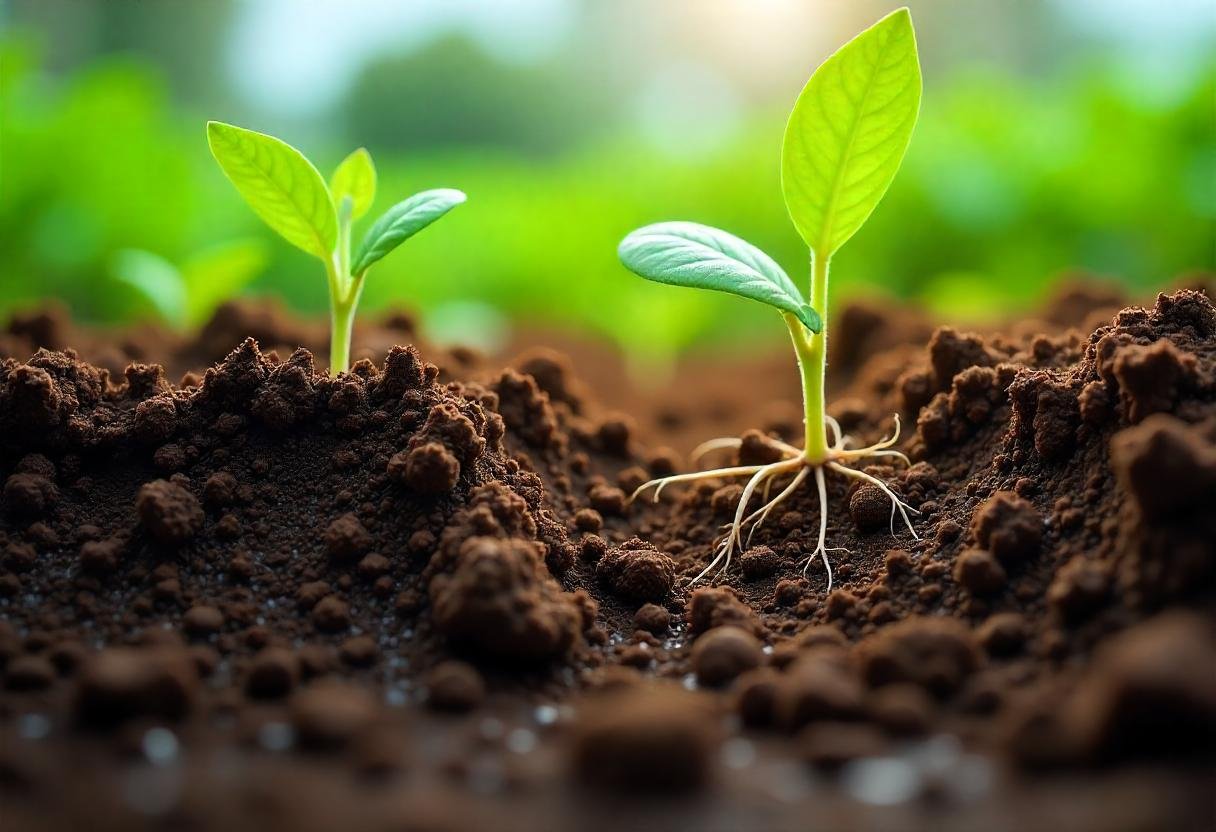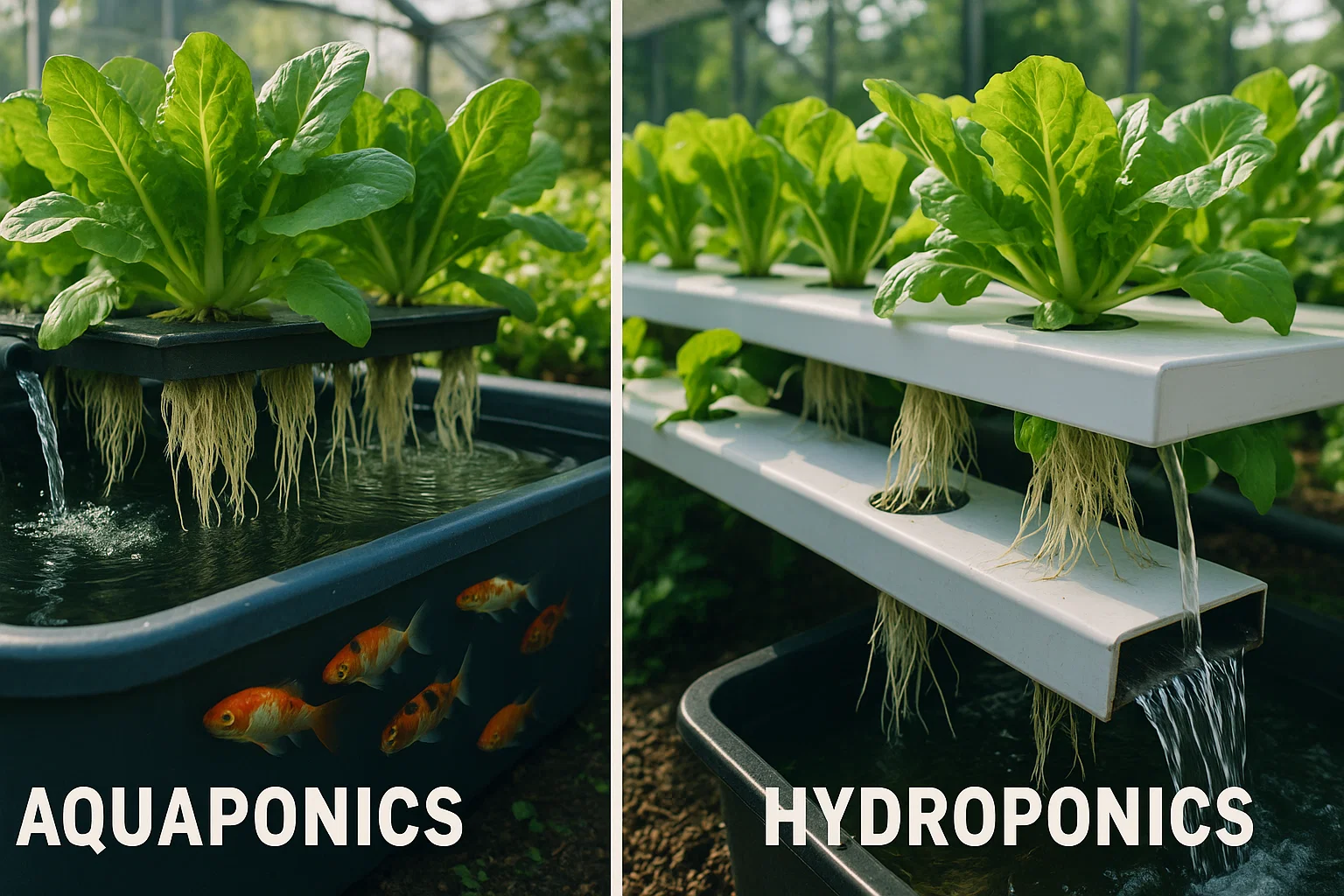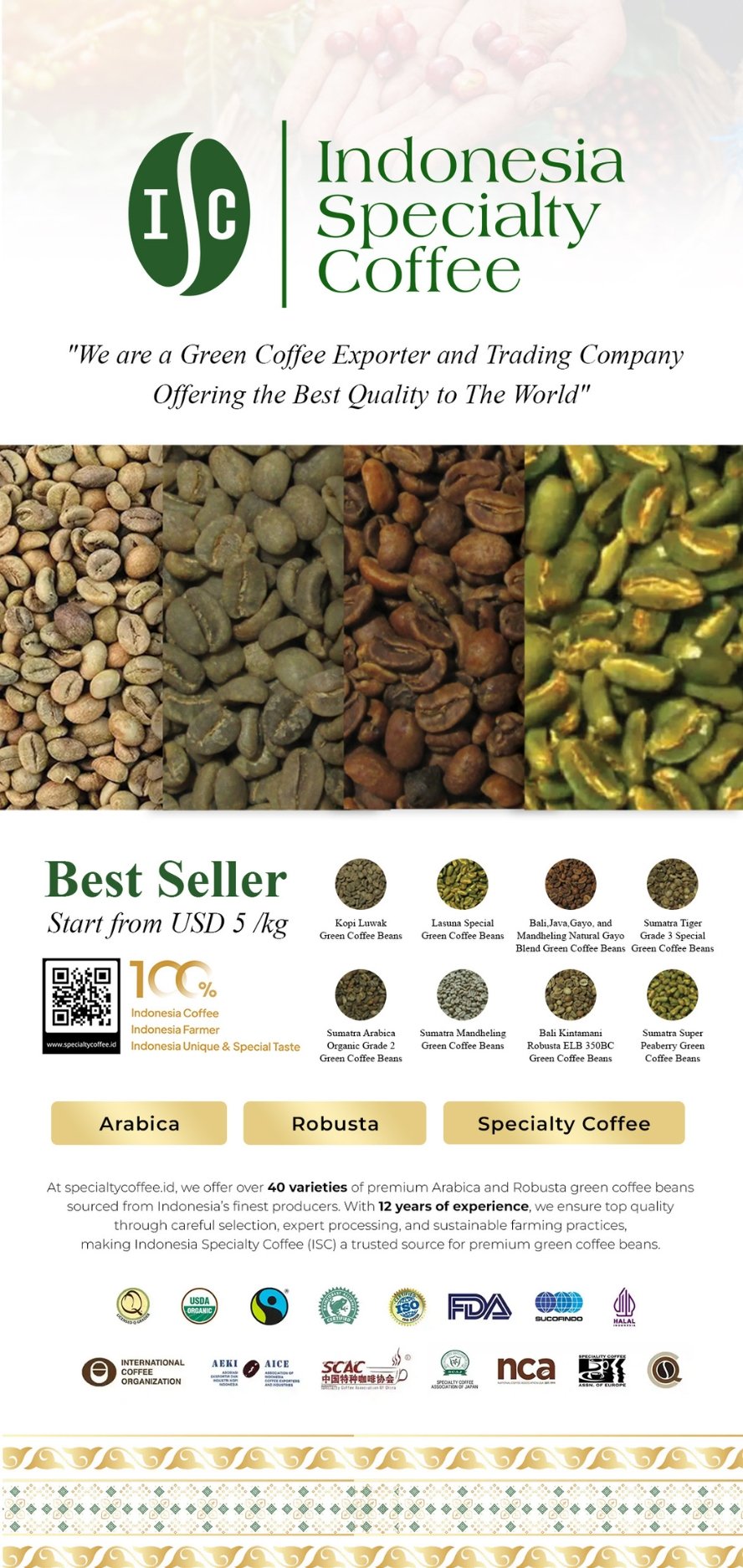Carp farming is a significant part of global aquaculture, providing a sustainable source of protein for millions of people worldwide. As the demand for fish increases, many fish farmers are turning to carp farming as a viable and lucrative option.
In this guide, we will explore the essential aspects of carp farming, the carp life cycle, best practices for successful farming, and why partnering with FnB Tech can help you achieve sustainable results.
Contents
What is Carp Farming?
Carp farming involves the breeding, raising, and harvesting of carp species for consumption or ornamental purposes. Carp are freshwater fish known for their adaptability and fast growth, making them a popular choice for aquaculture.
Common types of carp farmed around the world include the common carp, grass carp, and koi carp. The farming of carp can take place in ponds, tanks, or raceways, and it offers an opportunity for both small-scale and commercial farming operations.
Benefits of Carp Farming
-
High Market Demand
Carp is one of the most widely consumed fish in many countries, especially in Asia and Europe. The high demand for carp makes it a profitable venture for farmers. Whether for human consumption or ornamental use, carp farming provides a steady income stream. -
Fast Growth Rate
Carp have a fast growth rate, making them ideal for aquaculture. With the right conditions, they can reach market size in just a few months, providing a quick return on investment. -
Environmental Adaptability
Carp are highly adaptable to various environmental conditions. They can thrive in a range of water temperatures, from cold to warm water, making them suitable for farming in different geographical regions. -
Efficient Feed Conversion
Carp are known for their ability to efficiently convert feed into body mass. This makes them cost-effective to farm, as they require less feed compared to other fish species.
Understanding the Carp Life Cycle
To ensure successful carp farming, it’s essential to understand the carp life cycle. The life cycle of carp can be divided into several stages, each of which requires specific care and attention to optimize growth and health.
1. Egg Stage
The life cycle of carp begins with the spawning of eggs. Carp typically spawn in the spring when water temperatures rise. Female carp lay hundreds of thousands of eggs, which are fertilized by the male carp. The eggs adhere to submerged plants or surfaces in the water. Proper water quality and temperature are crucial at this stage to ensure successful fertilization.
2. Larval Stage
Once the eggs hatch, carp enter the larval stage. At this stage, they are very small and fragile, relying on their yolk sacs for nourishment. Proper water quality is crucial during this stage to prevent the larvae from being exposed to pathogens or pollutants.
3. Fry Stage
As the carp grow and their yolk sacs are absorbed, they transition into the fry stage. At this point, they begin feeding on plankton and other small organisms. Providing an adequate supply of food and maintaining optimal water conditions are essential for the growth of the fry.
4. Juvenile Stage
Once carp reach the juvenile stage, they are more robust and capable of consuming larger food items, such as commercial fish feed. During this stage, carp should be monitored closely for signs of disease or malnutrition. The juvenile stage is a critical period for ensuring healthy growth and development.
5. Adult Stage
Carp reach maturity and the adult stage at approximately 2 to 3 years of age, depending on environmental conditions. At this stage, carp are ready for harvest or breeding. The adult carp are typically large and can be harvested for commercial sale or breeding purposes.
Best Practices for Successful Carp Farming
To run a successful carp farming operation, it is essential to follow best practices that ensure the health and productivity of your fish. Below are some key steps to ensure your carp farming operation thrives.
1. Selecting the Right Site
Choosing the right location for your carp farm is crucial. Ideal locations have access to clean, abundant water sources. Ponds, tanks, or raceways should be well-maintained to provide an optimal environment for carp to thrive.
You should also consider the climate in your region, as carp prefer moderate to warm water temperatures (typically between 18-22°C).
2. Water Quality Management
Maintaining water quality is one of the most important aspects of carp farming. Carp are sensitive to changes in water parameters such as pH, oxygen levels, and ammonia content.
Regular water testing is necessary to ensure the health of the fish. Implementing water filtration systems, aeration devices, and ensuring proper waste removal will help maintain a clean and healthy environment for your carp.
3. Feeding Practices
Feeding is a critical component of carp farming. The right type of feed, such as high-quality pellets or natural food sources like plankton and algae, should be provided at the correct amounts.
Overfeeding or underfeeding can lead to poor growth and water contamination. Ensure your carp receive a balanced diet to optimize their growth rate and overall health.
4. Health and Disease Management
Regular monitoring for signs of disease is essential in carp farming. Common health issues in carp include bacterial infections, parasites, and fungal diseases.
Preventative measures such as proper water management, regular fish health checks, and quarantine procedures for new stock can reduce the risk of disease outbreaks.
5. Breeding and Stock Management
If you plan to breed carp, proper breeding techniques are essential to maintain a healthy, sustainable population. Ensure that breeding stock is carefully selected for desirable traits such as size, growth rate, and disease resistance. Controlled breeding environments can optimize reproduction rates and reduce the risk of inbreeding.
Carp Farming Equipment and Technology
The right equipment is vital to ensure the success of your carp farming operation. Advances in technology have made it easier for farmers to manage water quality, feeding schedules, and health monitoring. Some of the essential tools and technologies in carp farming include:
-
Water Filtration Systems
To keep the water clean and free of harmful substances, water filtration systems are essential. These systems help remove waste, excess nutrients, and harmful pathogens from the water. -
Aeration Systems
Aeration devices, such as pumps and diffusers, ensure that the carp have enough oxygen in the water, particularly in high-density farming systems. Proper oxygenation supports the health and growth of the fish. -
Automated Feeding Systems
Automated feeding systems allow for precise control over feeding schedules and amounts, reducing labor costs and minimizing waste. -
Monitoring and Control Systems
Using technology to monitor water quality, fish health, and growth rates can help optimize farming practices and prevent problems before they escalate.
Why FnB Tech is the Best Choice for Carp Farming Solutions
FnB Tech provides cutting-edge solutions and equipment for carp farming operations. With a deep understanding of the challenges faced by carp farmers, FnB Tech offers advanced technology, including water filtration systems, aeration devices, and automated feeding systems, designed to improve the efficiency and sustainability of your farm.
Their innovative approach ensures that you can maintain optimal conditions for your carp, improving growth rates, minimizing disease outbreaks, and ensuring a profitable farming operation. Whether you’re a small-scale or commercial farmer, FnB Tech provides the tools you need to succeed.
Take Action Now: Invest in a Successful Carp Farming Future
Carp farming presents a fantastic opportunity for sustainable food production and profit. By following best practices and utilizing modern technology, you can build a successful operation that meets the growing demand for fish. FnB Tech offers everything you need to get started, from water quality systems to feeding automation.
Ready to take your carp farming operation to the next level? Contact FnB Tech today to learn more about how our advanced systems can help you achieve a profitable, sustainable, and healthy carp farming operation.









